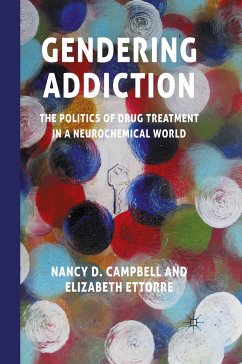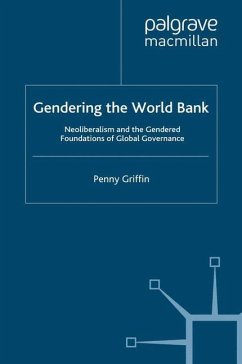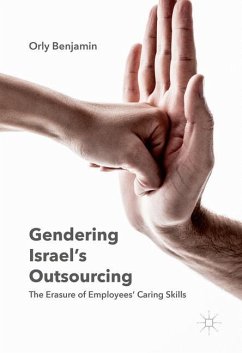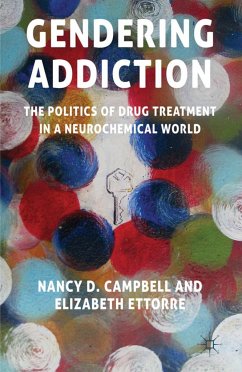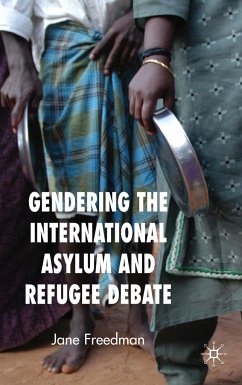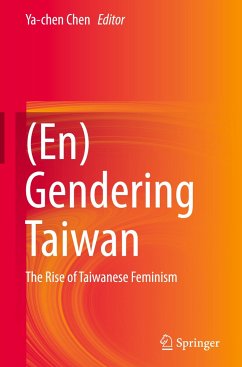
(En)gendering Agency and Body Politics
Physiotherapy as a window on health and illness
Versandkostenfrei!
Versandfertig in 6-10 Tagen
52,99 €
inkl. MwSt.

PAYBACK Punkte
26 °P sammeln!
This book details what athletes and patients do to create recuperative encounters with physiotherapists. Play is the point of departure, tying Gadamer s hermeneutics and Goffman s everyday life dramaturgy together as a theoretical underpinning. Participants tell of bodily changes and well-being following verbal, bodily and hands-on dialogues. Dialogues are precariously constructed, self presentation carefully enacted. Taking pain is action; an exemplar of how verbal, bodily and hands- on communication, self presentation and gender intersect in physiotherapy. Independent of age and gender or bo...
This book details what athletes and patients do to create recuperative encounters with physiotherapists. Play is the point of departure, tying Gadamer s hermeneutics and Goffman s everyday life dramaturgy together as a theoretical underpinning. Participants tell of bodily changes and well-being following verbal, bodily and hands-on dialogues. Dialogues are precariously constructed, self presentation carefully enacted. Taking pain is action; an exemplar of how verbal, bodily and hands- on communication, self presentation and gender intersect in physiotherapy. Independent of age and gender or bodily concerns, boundaries are negotiated to enhance personal well-being and/or to reach personal objectives. When social disruptions occur in therapy, recuperative interaction is at risk. This may be laughed at; which is interpreted as signs of embarrassment. Athletes and patients try to create recuperative encounters and avoid embarrassing situations. Their strategies are alike; their accounts interpreted as intentional human agency and body politics, which create new body idioms of health/illness.



